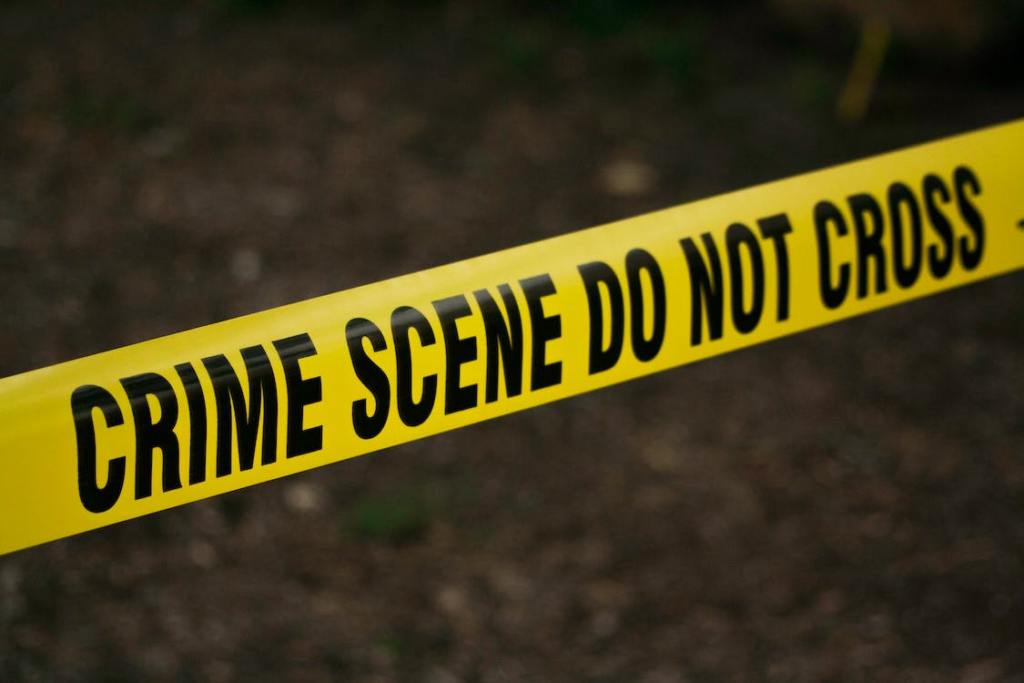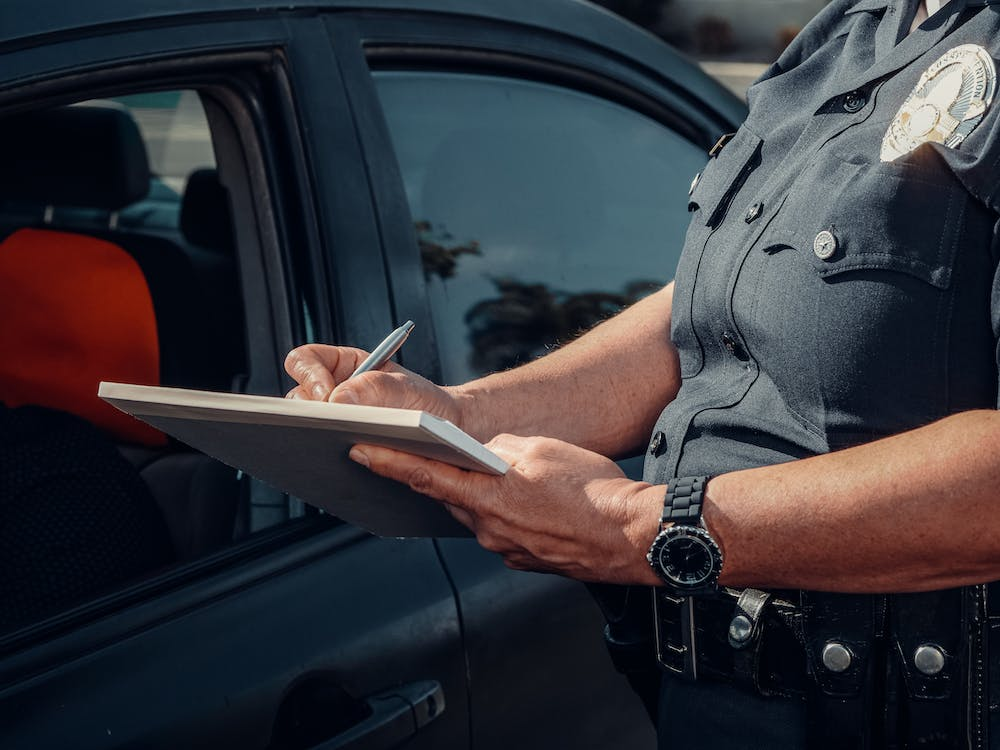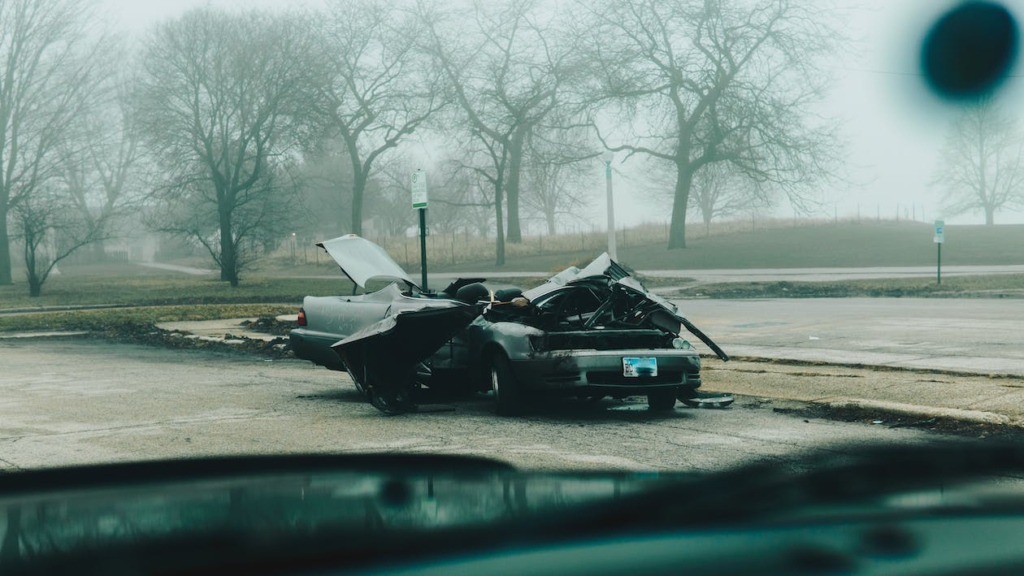
- admin
- October 3, 2022
- 7:19 am
- No Comments
What It’s Like to Work as a Suffolk Police Officer
A police officer’s job isn’t what you see on TV shows like Brooklyn Nine-Nine or read in your comics while growing up. It involves a lot more than chasing most-wanted criminals or eating doughnuts.
Working as a Suffolk Police officer can be rewarding, challenging, satisfying, and exhausting—all at the same time. However, the benefits and rewards outweigh the hardships, and you live a fulfilling life serving your community.
As the Suffolk Civil Service Commission announced the upcoming Suffolk Police County Exam, thousands of individuals are filling out the exam application. If you’re one of them, here’s what a day in the life of a Suffolk Police Officer looks like:
Roll Call
You start your day with a roll call. Roll call is police jargon for briefing meetings where supervisors take attendance, assign duties, inform the oncoming officers of outstanding incidents (if required) and suspects they need to look for, inspect equipment and uniform, etc. Roll call lasts up to 30 minutes.
Getting Started
Before starting your duty, inspect your patrol car and ensure everything is fine and operational. You will also check necessary equipment like first aid kits, flares, fire extinguishers, etc. After settling inside the patrol, you’ll advise your dispatcher that you’re “10-8” through your police radio. 10-8 means you’re in service and ready for duty.
Your duties will vary according to the situations you encounter or your specific tasks for the day. We have explained some common duties to give you some idea.
Spotting a Car with Missing Headlight
If you spot a car with a missing headlight on the road, you have to pull the vehicle over. Whenever approaching a car, make sure you’re cautious because you never know if the person is dangerous or not. Slowly walk toward the car and introduce yourself to the driver. Tell them why you pulled them over, so they don’t get scared.
Inform them about the potential hazards of driving a car without headlights, how it endangers them and others, etc. Issue a faulty equipment notice or a warning so they fix their headlight

Spotting an Over-Speeding Car
Spotting a car speeding is different from spotting someone with a broken headlight. There can be many possible causes, like drunk driving, someone trying to get away after committing a crime, or simply getting late to work.
Depending on the situation, it can involve screening the car, administering breath alcohol tests, drug screening, interrogation, checking the driver’s eyes, etc. Some situations result in a simple warning or a speeding ticket, while others lead to arrests.
Dealing with Traffic Crash with Injuries
Dealing with traffic crashes is a common part of the Suffolk Police job. It starts by receiving a message about the traffic crash from your dispatcher. Then you inform them that you’re “10-51 10-18”, which means enroute with lights and sirens.

The crash site could be full of chaos—vehicles crashed together, oil burning from hot engines, injured people, with many bystanders. If the ambulance isn’t already on the scene, you have to give first aid and emergency care as a first responder. Firefighters are also present during such emergencies, to put out fires, get injured people out of their vehicles, and serve as EMTs.
Car crashes can also lead to deaths that require a different procedure. If you find a person dead at the crime scene or paramedics inform you, you first call a traffic homicide investigator before proceeding. Here’s how you would normally proceed:
- Securing the area and handling the crowd
- Gathering witnesses and taking statements to identify the driver(s).
- Briefing the homicide investigator and passing over the information
- Offering additional assistance if needed.
- Notifying the next of kin.
Notifying the next of kin is a sensitive task that police officers have to look after. Sometimes you do it over a phone call, or mostly you go to their home. It’s important to be with their family and offer them whatever assistance they need.
Back on the Duty
After notifying the next of kin, you’ll be back in your patrol car and carry out your duties. Again, you have to inform dispatch that you’re “10-98”, meaning task completed and “back 10-8”.
It’s not necessary to solve crimes or serve during emergencies all day. You have to cruise your assigned area and look for disturbances, traffic and parking violations, robberies, etc. Any incident can spring out suddenly, so you must be alerted and available to offer assistance.
Dealing with Burglary
Another common crime that Suffolk Police officers mostly deal with is burglary and theft. It can be at a residence or a commercial property. You draw your firearm and reach the crime site; if you’re lucky, you’ll find the burglars or thieves and arrest them. However, they usually run away before the police arrive. In that case, you’ll check the missing things, call for a crime scene technician, take witness statements, etc. You also submit all evidence at the station and finish the required paperwork.
Report Writing
This is where things get quite tedious, writing police reports. Every police officer has to create reports every day about all the incidents. You can do this between jobs to avoid doing it all together. Make sure you prepare the reports in detail and without any errors because they lay the foundation for every case. Inaccurate reports not only harm the case but also jeopardize your career.
As a police officer, you may come across many other incidents. Some can be more challenging than others, and you never know what your day will look like. Despite the challenges or uncertainty, this job offers many benefits and rewards.

If you plan to apply for the upcoming Suffolk Police Exam, don’t forget to enroll in our preparatory classes. Civil Service Success guides candidates about each phase of the exam, including Suffolk Police application, written and oral tests, background investigation, psychological evaluation, etc. Call us for more details about the Suffolk Police course or join our mailing list to be notified about the class schedule.

